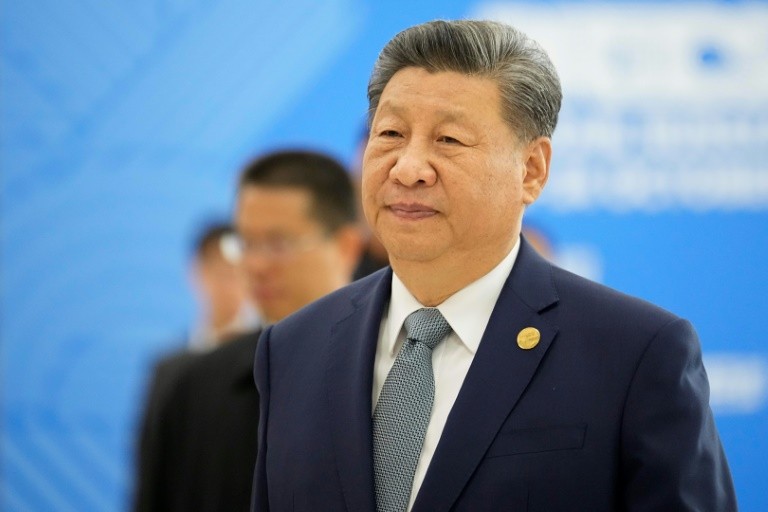
Chinese President Xi Jinping has expressed Beijing's readiness to collaborate with U.S. President-elect Donald Trump to address trade disputes and avoid the risk of a potential trade war.
In a letter to the U.S.-China Business Council on Thursday, Xi said both China and US must "choose dialogue over confrontation, win-win cooperation over a zero-sum game." He wrote that he remains committed to open up the China market for foreign companies, including U.S. businesses.
The remarks mirrored Xi's comments during a Tuesday meeting with leaders of major international economic organizations, where he warned that "there will be no winners in tariff wars, trade wars, technology wars," according to CNBC's translation of his speech in Mandarin.
Kenneth Jarrett, senior advisor at Albright Stonebridge Group, reacted to the messages saying that they reflect "a sense of anxiety" and "these overtures have occurred in a very public way."
"This could mean that Chinese authorities lack channels to the new Trump team... and that Beijing believes there are political benefits in projecting a public image of a willingness to work together with the new U.S. administration," Jarrett added.
Trump's "America First" policy poses a "tremendous threat" to Chinese policymakers already grappling with the challenge of reviving the struggling economy, according to Shen Meng, director at Beijing-based investment bank Chanson & Co.
Set to take office in January, Trump has pledged an additional 10% tariff on all U.S. imports of Chinese goods and previously threatened tariffs exceeding 60% during his campaign.
Meanwhile, tensions between the U.S. and China have escalated in recent months. Earlier this month, the Biden administration announced expanded restrictions on U.S. exports of advanced memory chips and chipmaking equipment to Chinese firms. Beijing swiftly retaliated by banning exports of critical rare materials used in semiconductors and military technology.
"China made it obvious that despite this commitment to growth and constructive trade relations, it will not back down in the face of U.S. pressure, should it come to that," Daniel Balazs, a research fellow at S. Rajaratnam School of International Studies, said, according to CNBC.








